Syndecan-3 is selectively pro-inflammatory in the joint and contributes to antigen-induced arthritis in mice, Arthritis Research & Therapy
Por um escritor misterioso
Last updated 18 novembro 2024
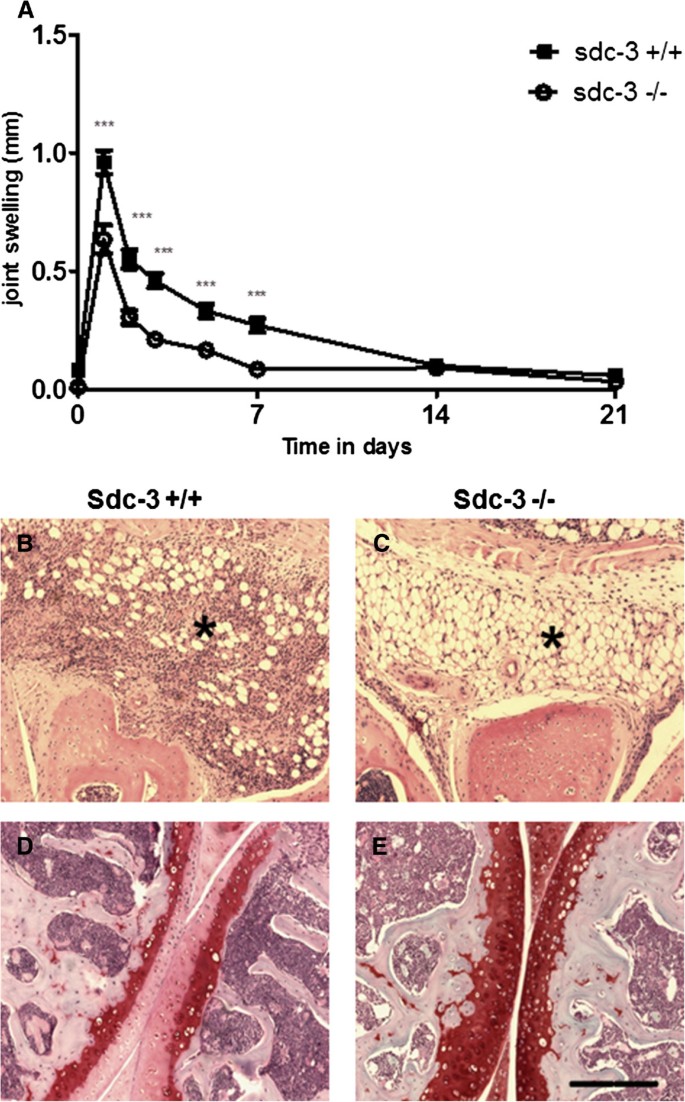
Introduction Syndecans are heparan sulphate proteoglycans expressed by endothelial cells. Syndecan-3 is expressed by synovial endothelial cells of rheumatoid arthritis (RA) patients where it binds chemokines, suggesting a role in leukocyte trafficking. The objective of the current study was to examine the function of syndecan-3 in joint inflammation by genetic deletion in mice and compare with other tissues. Methods Chemokine C-X-C ligand 1 (CXCL1) was injected in the joints of syndecan-3−/−and wild-type mice and antigen-induced arthritis performed. For comparison chemokine was administered in the skin and cremaster muscle. Intravital microscopy was performed in the cremaster muscle. Results Administration of CXCL1 in knee joints of syndecan-3−/−mice resulted in reduced neutrophil accumulation compared to wild type. This was associated with diminished presence of CXCL1 at the luminal surface of synovial endothelial cells where this chemokine clustered and bound to heparan sulphate. Furthermore, in the arthritis model syndecan-3 deletion led to reduced joint swelling, leukocyte accumulation, cartilage degradation and overall disease severity. Conversely, CXCL1 administration in the skin of syndecan-3 null mice provoked increased neutrophil recruitment and was associated with elevated luminal expression of E-selectin by dermal endothelial cells. Similarly in the cremaster, intravital microscopy showed increased numbers of leukocytes adhering and rolling in venules in syndecan-3−/−mice in response to CXCL1 or tumour necrosis factor alpha. Conclusions This study shows a novel role for syndecan-3 in inflammation. In the joint it is selectively pro-inflammatory, functioning in endothelial chemokine presentation and leukocyte recruitment and cartilage damage in an RA model. Conversely, in skin and cremaster it is anti-inflammatory.

Syndecan-3: A Signaling Conductor in the Musculoskeletal System

Syndecan-3: A Signaling Conductor in the Musculoskeletal System

Synovial fibroblasts assume distinct functional identities and secrete R-spondin 2 to drive osteoarthritis
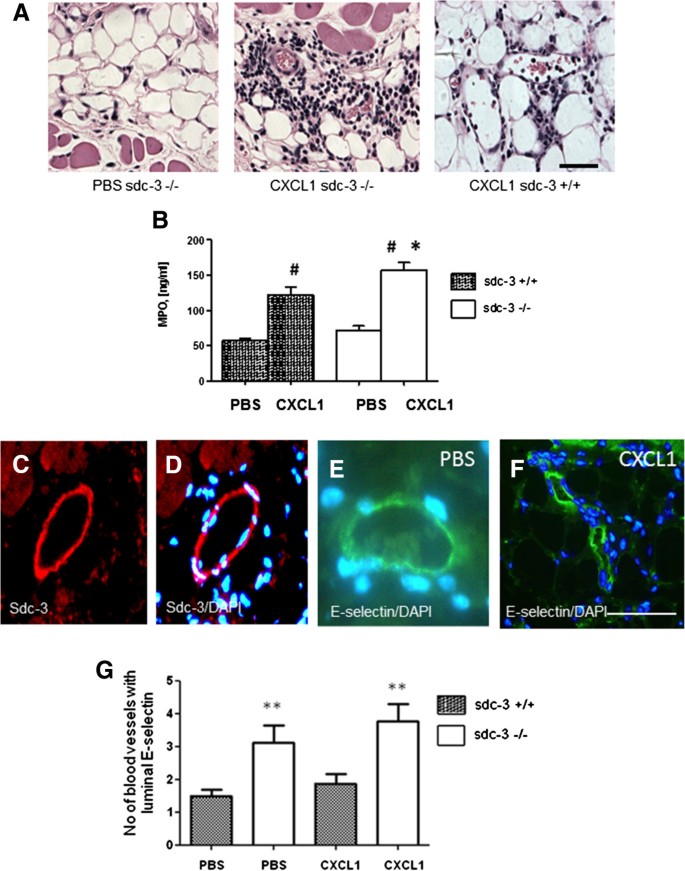
Syndecan-3 is selectively pro-inflammatory in the joint and contributes to antigen-induced arthritis in mice, Arthritis Research & Therapy

Syndecan receptors: pericellular regulators in development and inflammatory disease
Antirheumatic treatment is associated with reduced serum Syndecan-1 in Rheumatoid Arthritis

The twin cytokines interleukin-34 and CSF-1: masterful conductors of macrophage homeostasis
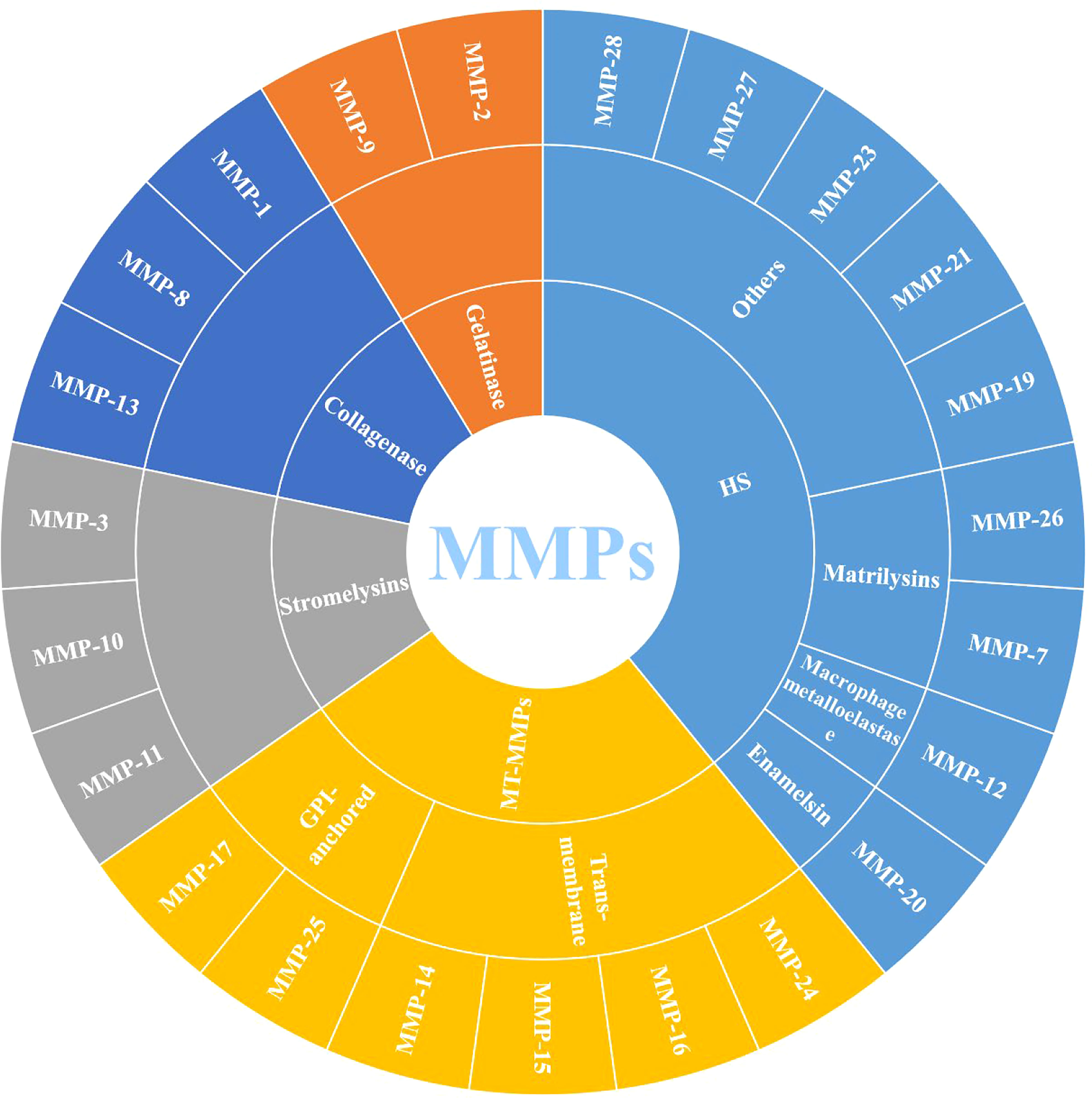
Frontiers Targeting matrix metalloproteases: A promising strategy for herbal medicines to treat rheumatoid arthritis

Synoviocyte-targeted therapy synergizes with TNF inhibition in arthritis reversal
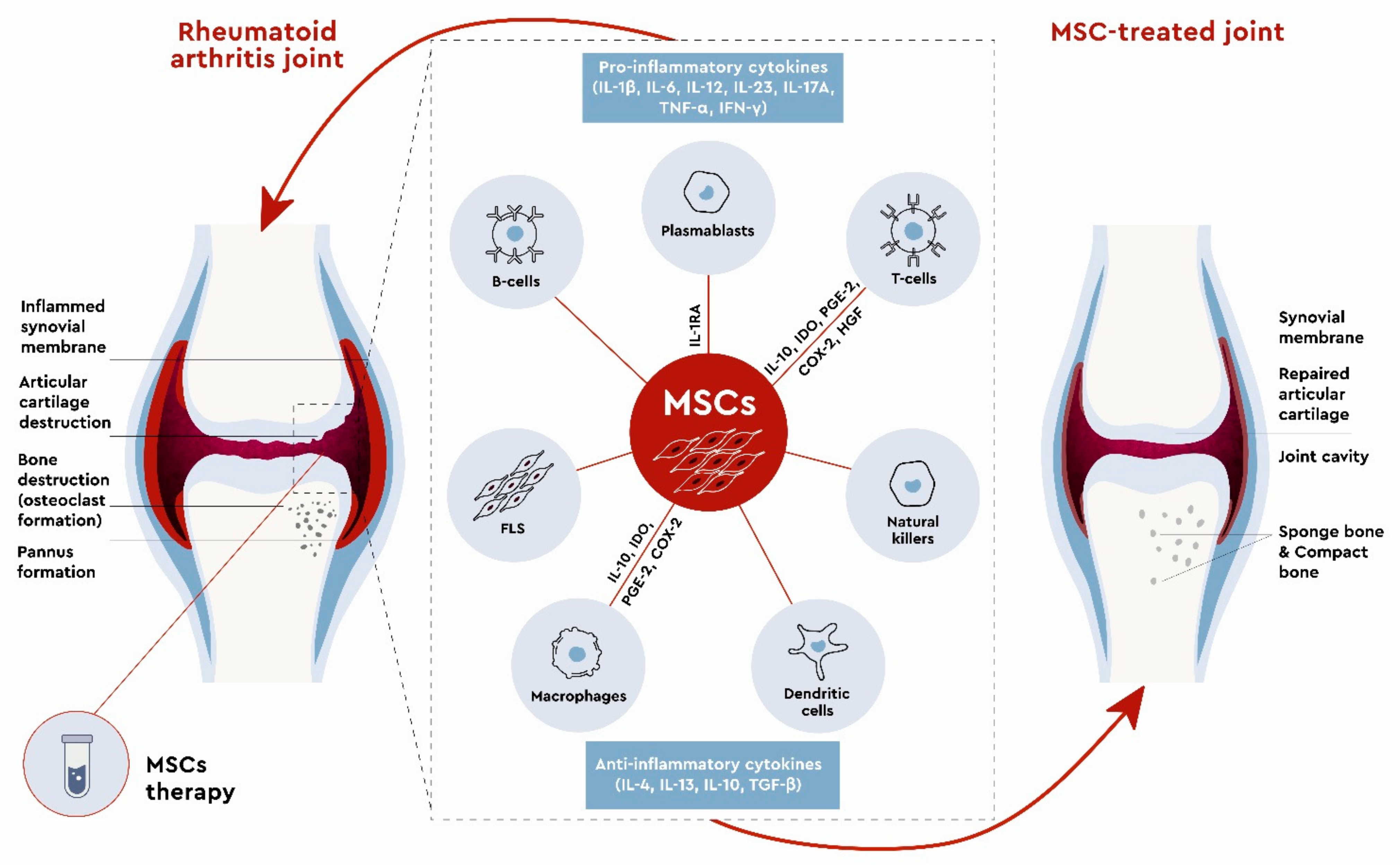
IJMS, Free Full-Text
Recomendado para você
-
 The Two Popes - Wikipedia18 novembro 2024
The Two Popes - Wikipedia18 novembro 2024 -
 The Faux Pas Films Complete Collection DVD18 novembro 2024
The Faux Pas Films Complete Collection DVD18 novembro 2024 -
A Serbian Film (2010)!! #film #movie #horror #extremehorror #serbianfi, channel 309 movie18 novembro 2024
-
![NSFW] Death Films Iceberg : r/IcebergCharts](https://i.redd.it/fqj64ylb8ty61.jpg) NSFW] Death Films Iceberg : r/IcebergCharts18 novembro 2024
NSFW] Death Films Iceberg : r/IcebergCharts18 novembro 2024 -
 Dado Milman - Important MP3 Download & Lyrics18 novembro 2024
Dado Milman - Important MP3 Download & Lyrics18 novembro 2024 -
 L'Auberge Espagnole - 2 DVD - Romain Duris - Cecile Of France - Judith Godrèche18 novembro 2024
L'Auberge Espagnole - 2 DVD - Romain Duris - Cecile Of France - Judith Godrèche18 novembro 2024 -
 Complete Feminine Balance Daily Probiotic Capsules18 novembro 2024
Complete Feminine Balance Daily Probiotic Capsules18 novembro 2024 -
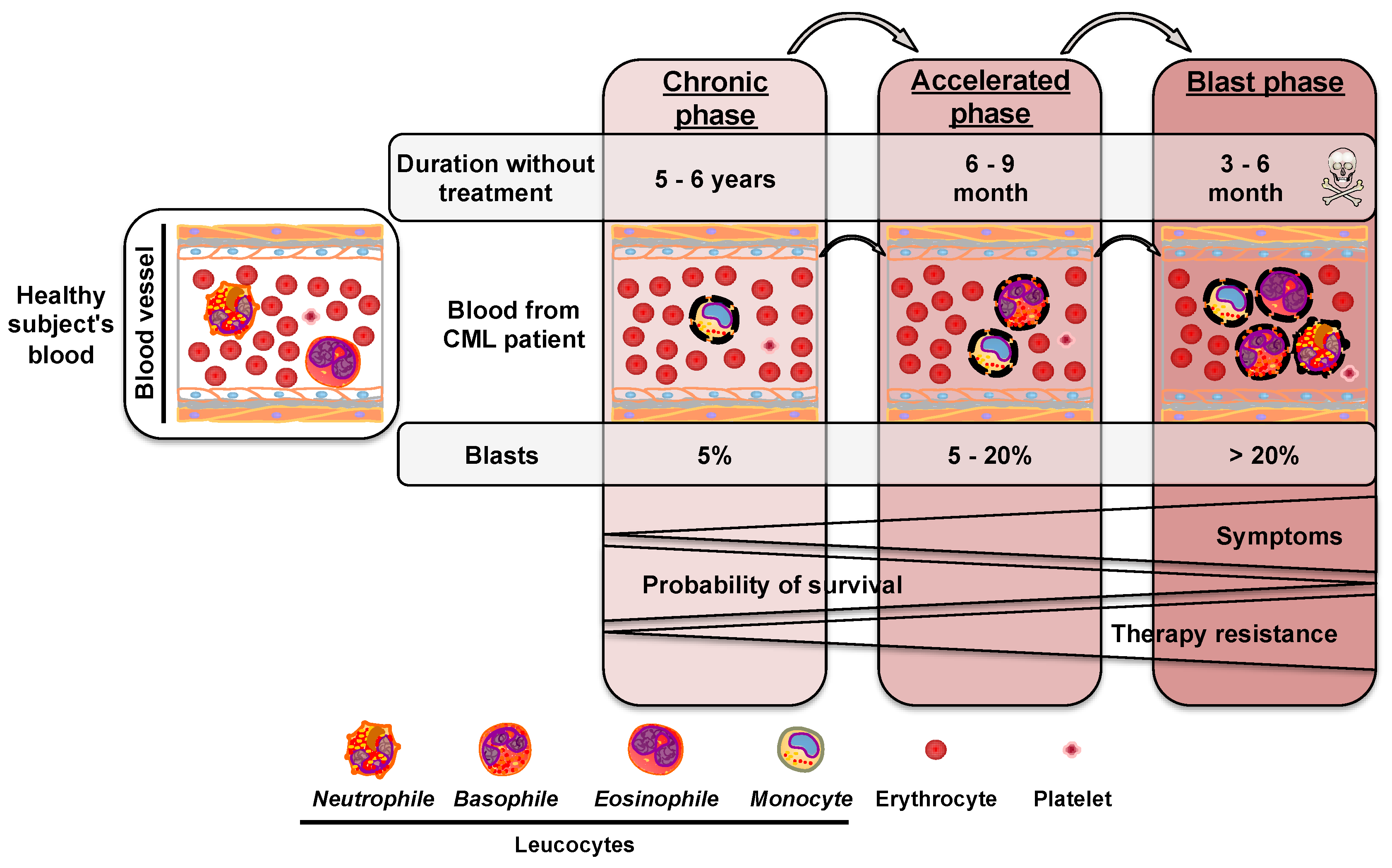 Cancers, Free Full-Text18 novembro 2024
Cancers, Free Full-Text18 novembro 2024 -
 MDPOPE (3 minutes edition) but the Triple Trouble casting sings it_哔哩哔哩bilibili18 novembro 2024
MDPOPE (3 minutes edition) but the Triple Trouble casting sings it_哔哩哔哩bilibili18 novembro 2024 -
 100 MARTIAL ARTS MOVIE MARATHON (2014, 4-Films, 2-DVD Set) SHOUT FACTORY lee 82666314953118 novembro 2024
100 MARTIAL ARTS MOVIE MARATHON (2014, 4-Films, 2-DVD Set) SHOUT FACTORY lee 82666314953118 novembro 2024
você pode gostar
-
 ArtStation - The White Tree of Gondor - Minas Tirith18 novembro 2024
ArtStation - The White Tree of Gondor - Minas Tirith18 novembro 2024 -
![COMO COMEÇAR A ASSISTIR ONE PIECE? [NÃO COMECE PELO ANIME]](https://i.ytimg.com/vi/780OyJfiO1I/sddefault.jpg) COMO COMEÇAR A ASSISTIR ONE PIECE? [NÃO COMECE PELO ANIME]18 novembro 2024
COMO COMEÇAR A ASSISTIR ONE PIECE? [NÃO COMECE PELO ANIME]18 novembro 2024 -
 Resident Evil: CODE: Veronica X Greeting Card for Sale by MammothTank18 novembro 2024
Resident Evil: CODE: Veronica X Greeting Card for Sale by MammothTank18 novembro 2024 -
 GUAIFENESINA , VICK , EXPECTORANTE , 44E - Drogaria do Farmacêutico18 novembro 2024
GUAIFENESINA , VICK , EXPECTORANTE , 44E - Drogaria do Farmacêutico18 novembro 2024 -
 Stream No Keepin' Secrets - Secret Neighbor Rap by JT Music18 novembro 2024
Stream No Keepin' Secrets - Secret Neighbor Rap by JT Music18 novembro 2024 -
 Filmes Legendados Android - Colaboratory18 novembro 2024
Filmes Legendados Android - Colaboratory18 novembro 2024 -
 Motoquinha Rally Dos Sertões Triciclo Infantil Masculino Feminino Presente Para Criança - Caminhões, Motos e Ônibus de Brinquedo - Magazine Luiza18 novembro 2024
Motoquinha Rally Dos Sertões Triciclo Infantil Masculino Feminino Presente Para Criança - Caminhões, Motos e Ônibus de Brinquedo - Magazine Luiza18 novembro 2024 -
 Carly Carmine, Yu-Gi-Oh! Wiki18 novembro 2024
Carly Carmine, Yu-Gi-Oh! Wiki18 novembro 2024 -
 State of Decay 2 chega ao Steam no início de 202018 novembro 2024
State of Decay 2 chega ao Steam no início de 202018 novembro 2024 -
 16 Swag Cat İcon - collectionicon18 novembro 2024
16 Swag Cat İcon - collectionicon18 novembro 2024
